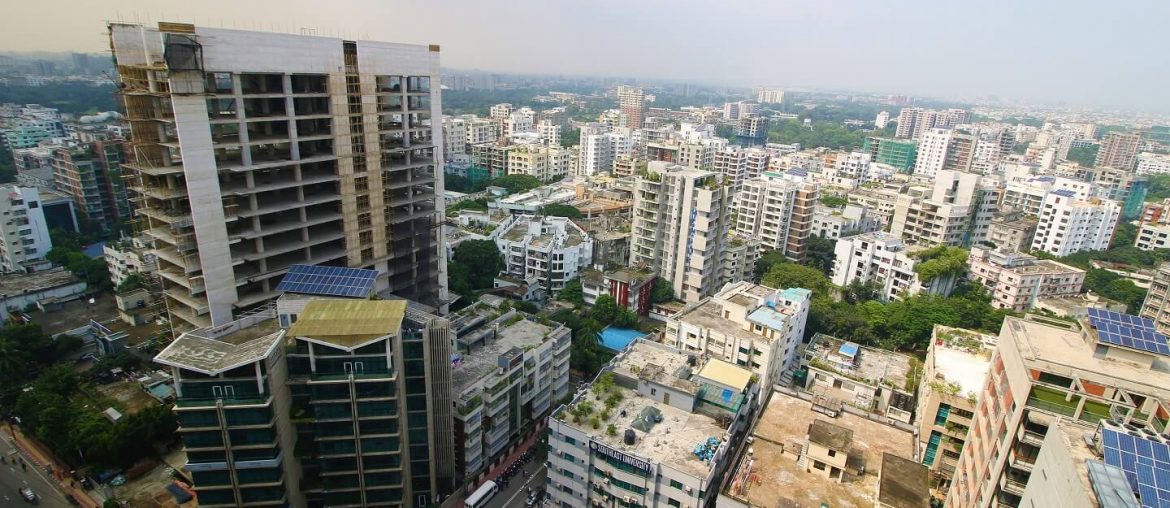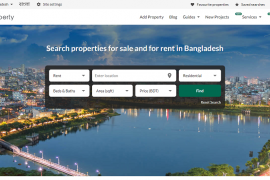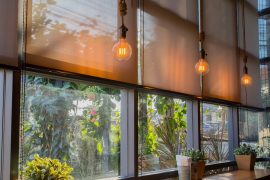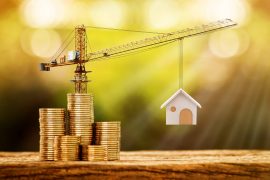According to the Economist Intelligence Unit’s (EIU) Worldwide Cost of Living Index 2018, Dhaka ranks 72nd in the list. A year ago, Dhaka was 10 places higher, indicating that it has become cheaper with time. Then again, in contrast to other South Asian cities like Bangalore, Chennai, Delhi, and Karachi, Dhaka ranks much higher. This means that compared to those cities, the cost of living in Dhaka is still much higher than neighboring countries. Having mostly similar geographic and demographic conditions, this deviation in living expenses is a big concern for the development of the country. Let’s take a deeper look into the matter.
Historical Comparison of Commodities
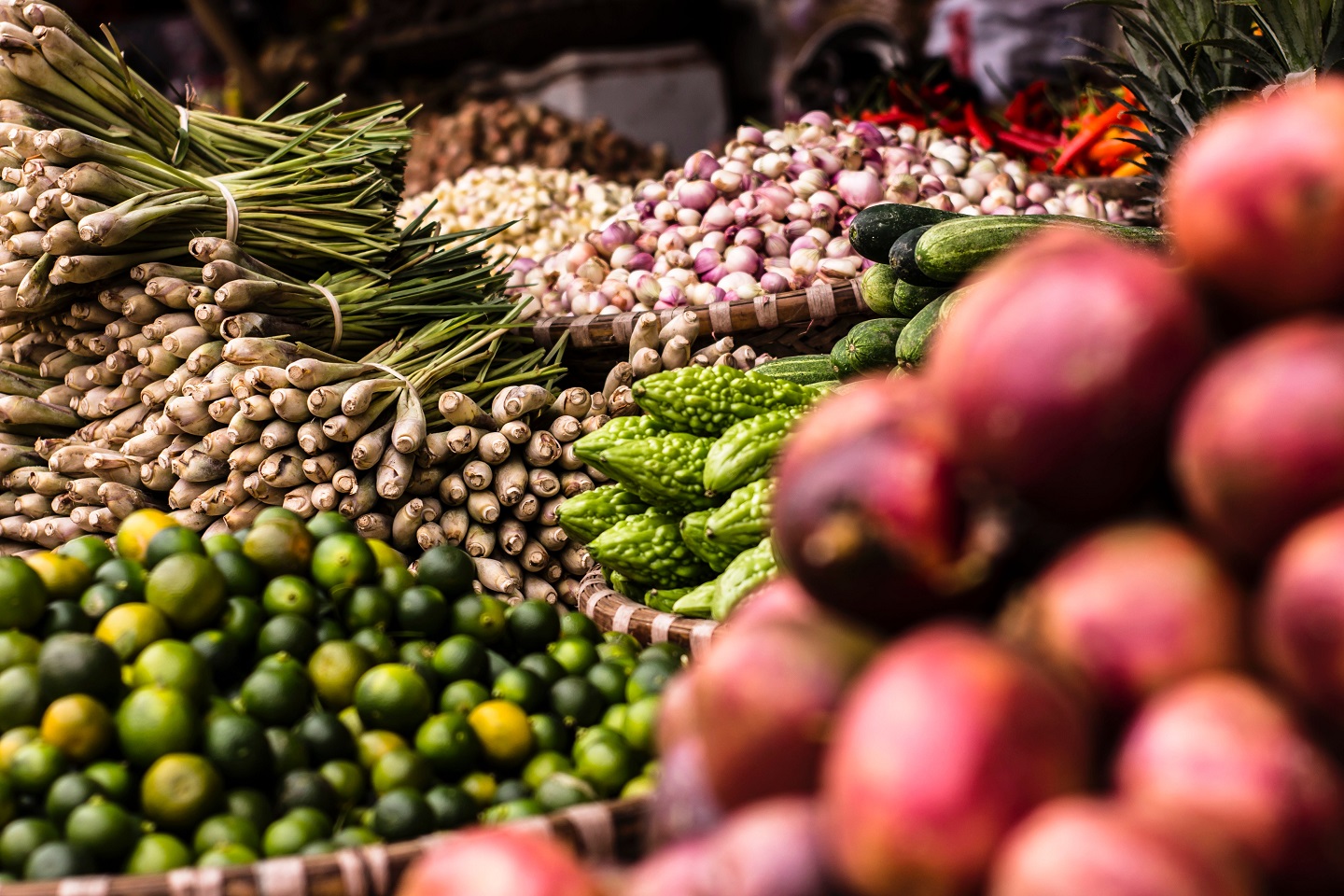
The Consumers Association of Bangladesh (CAB) monitors the cost of living in Dhaka every year. According to them, this cost has risen approximately 71% over the span of the last ten years. They monitor changes by calculating the market prices of 114 commodities and 14 utility services, which do not include education, healthcare, or daily travel expenditure.
For Bengali people, a basic necessity is rice which has experienced a 118% price hike in the last 10 years. Similarly, other major commodities include sugar, salt, oil, beef, chicken & onion. During the same period, the price of these products increased a great extent where the price of beef grew by 206%, making it one of the most expensive items in the market.
Among the utilities, gas price increased about 23.08% while electricity and water increased by 6.44% and 5%. Aggregating the changes of the entire basket, the cost of living in Dhaka in 2017 experienced a growth of 8.44%, one of the highest in the last decade.
Woes For The Middle Class
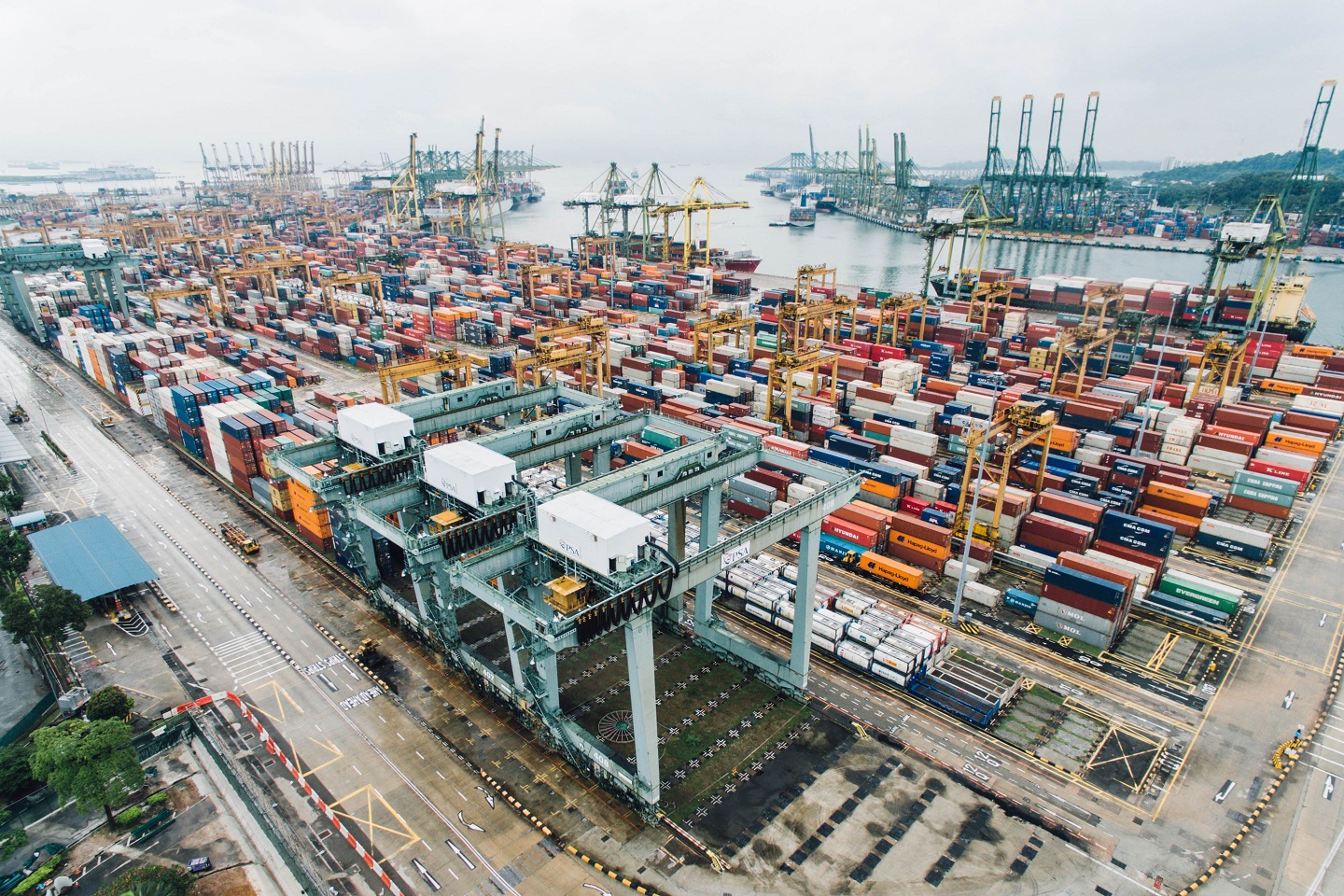
Due to the changes in expense, middle-class people are suffering the most. While overall cost increased by 8.44%, the GDP has grown around 7%; a significant disparity. That means, for most people, standards of living in Dhaka hasn’t increased in respect to the cost they are incurring in the city.
The Bangladesh Bureau of Statistics (BBS) conducts a survey every ten years on Household Income and Expenditure. In their study, they found that Dhaka denizens spent around 53.81% of their income on food and beverages while 12.25% was spent on housing and house rent. In 2016, people lowered their expenditure on food to 47.69% while housing expenditure remained almost the same; around 12.43%. This indicates that, in proportion to increased income, Dhaka residents had to reduce food expenditure in order to ensure a decent accommodation and other expenses. Since middle wage earners constitute most of the economy, they have experienced the sufferings the most.
Impact on Real Estate
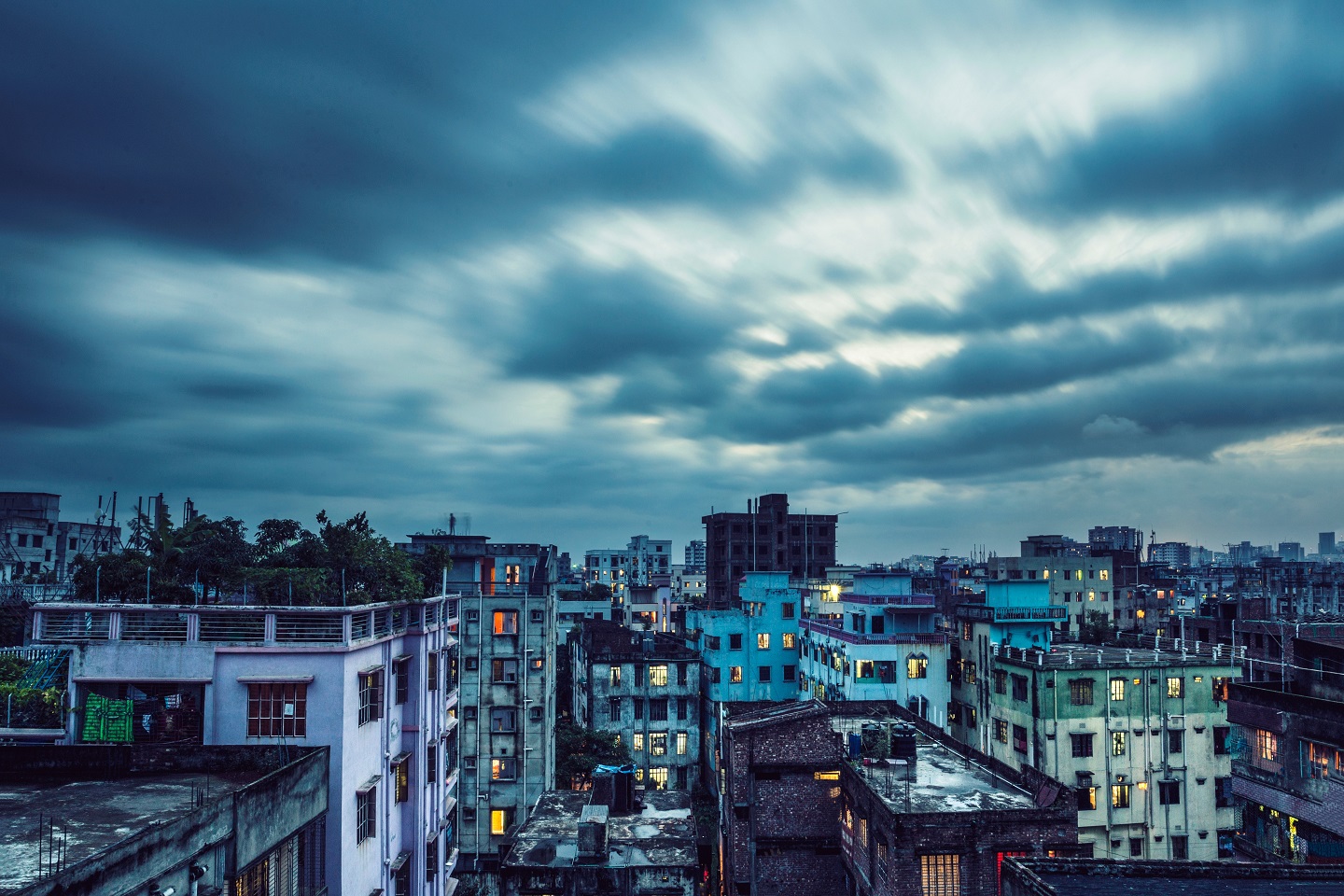
Bangladesh real estate sector has experienced a major shift in consumer preferences because of the increasing cost of living in Dhaka city. A recent study by BRAC Institute of Governance and Development (BIGD) reveals why Dhaka residents prefer renting apartments rather than purchasing one. It says that only 17.7% of the people spend less than 30% of their monthly household income. As they spend more on daily expenses, they have to squeeze up on savings. The lower the savings, the more reluctancy is visible on purchasing a flat in Dhaka. Additionally, daily travel expense is also a big reason behind the change in preference. People would like the liberty to switch apartment location if the cost goes up. Purchasing a flat restricts them from such freedom. That is why 32% of the Dhaka residence own a home, others live in rental apartments in Dhaka.
Reason Behind The Cost
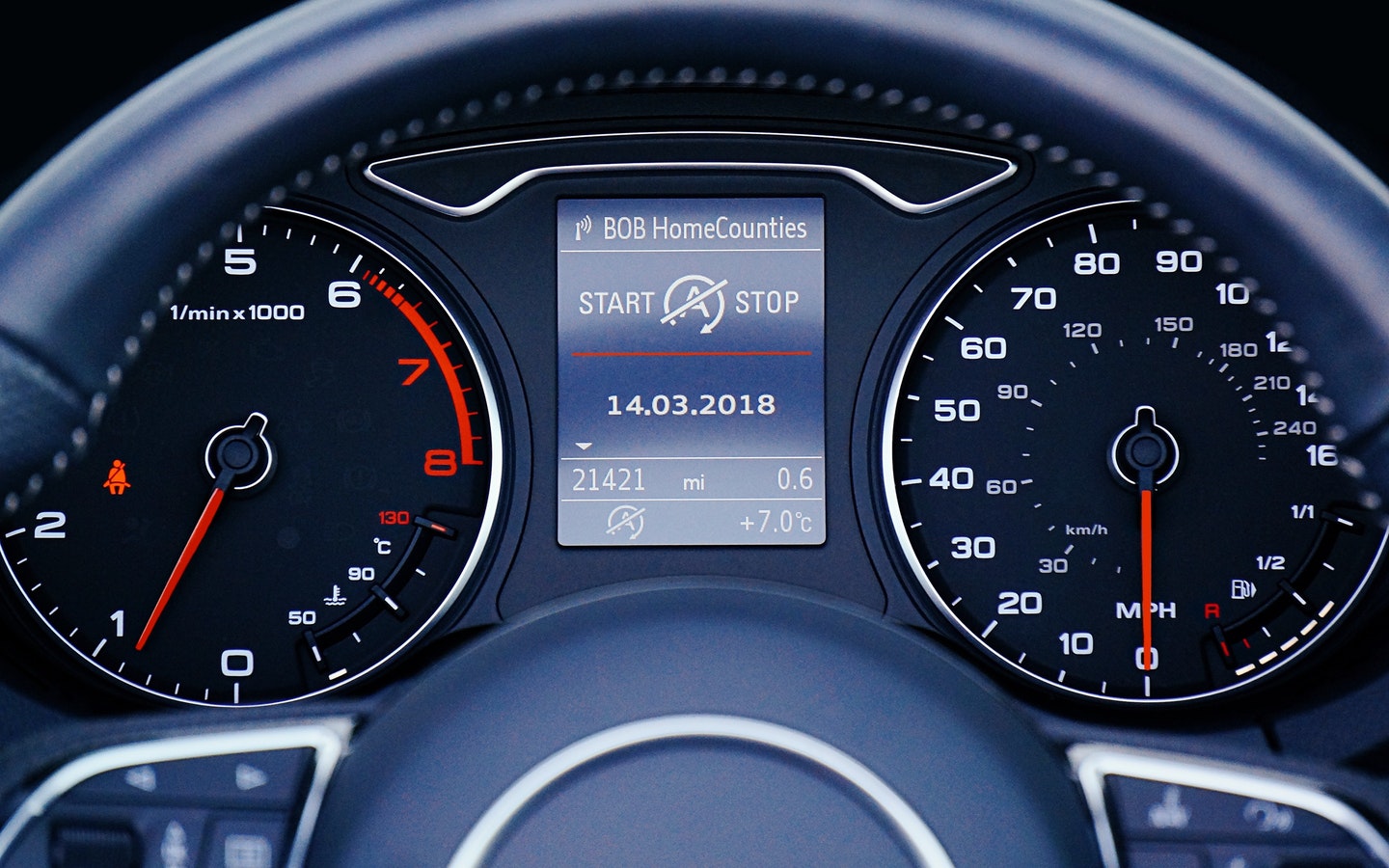
It is hard to pinpoint the exact reason behind the increase in the cost of living in Dhaka but there are a few factors that drive the changes. Primarily, fuel cost, imported goods, and the unregulated housing market are some of the main drivers behind the cost. For instance, a fractional rise in fuel cost is not equally reflected on transportation fares and expenses, it usually shoots up the price even more. Hence, produce that come from other districts and the outskirts of Dhaka automatically incur a higher cost than expected. Similarly, Bangladesh still relies heavily on imports for many things including fuel and energy. As the economy experiences a rise in inflation, the cost of these commodities will go up even more.
The housing market here also plays a vital role but the government is yet to regulate and monitor it properly. This gives power to individual landlords to increase house rent however they wish every year or two. Hence, people end up spending more for rent and other housing-related expenses.
Forward Outlook
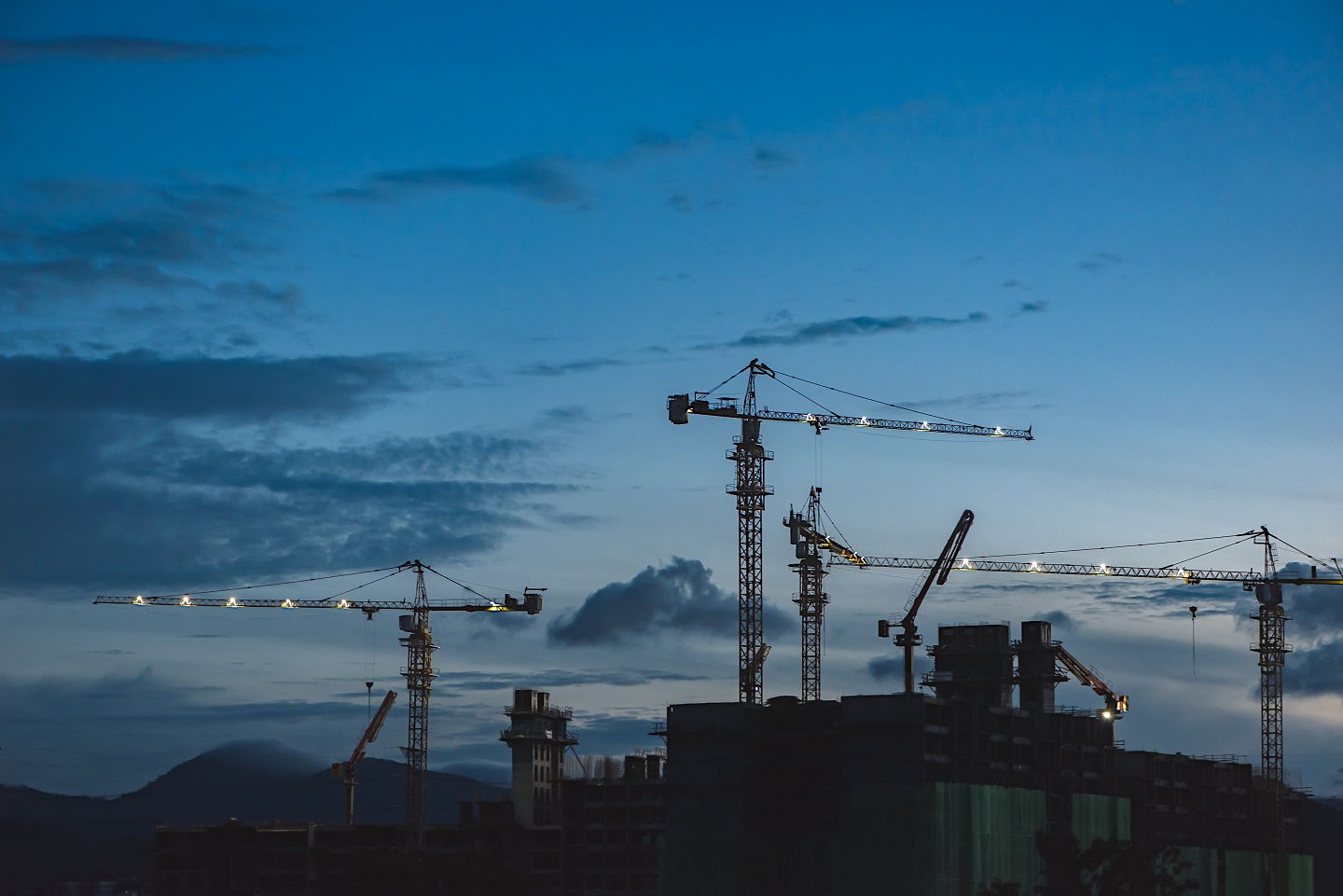
Currently, the government is conducting several infrastructural development projects to enhance the transportation system. Among them, the Dhaka Metro Rail project and Padma Bridge will bring the most significant changes. Side by side, they have plans to expand Dhaka towards the eastern side and build a self-sustaining city. Such initiatives would reduce the concentration of accommodation on Dhaka, lowering the demand for commodities and accommodation and thus reducing the living cost in Dhaka to a certain extent.
If plans are implemented as promised, we can expect a better city life in the future with a lower cost of living in Dhaka. What is your opinion on the matter? Share your valuable insights with us in the comments section below.

